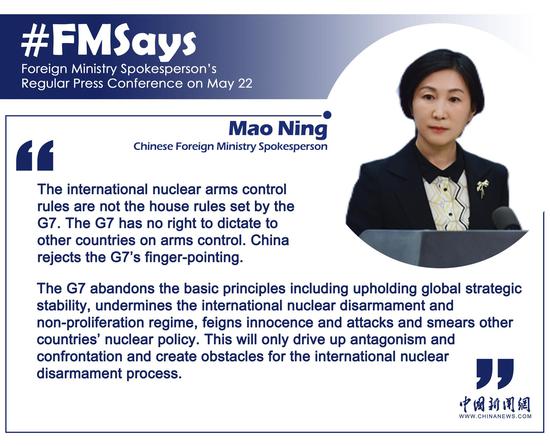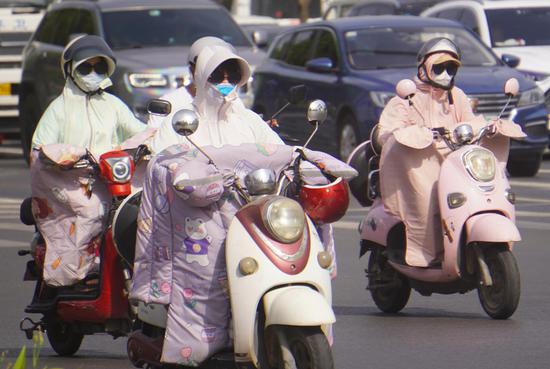WHO chief urges world govts to stay vigilant, and commit to preparedness
The leader of the World Health Organization has spoken of his "relief" three weeks ago, when he declared the COVID-19 pandemic no longer "a public health emergency of international concern" — but he has cautioned the threat is not over.
In a speech on Monday at the 76th World Health Assembly, in Geneva, Switzerland, WHO Director-General Tedros Adhanom Ghebreyesus spoke of seeing "life return to normal" after years of restrictions, and of people being able to "hug a friend, to travel freely, and to meet together".
"We have been hostages of this virus for some time," he told representatives of the agency's 194 member states.
Tedros said many people who lost loved ones will continue to grieve for some time because of the "terrible toll" the pandemic took on "families, communities, societies, and economies", and he said there will now be an impact on mental health, as people deal with "severe stress and burnout".
Tedros added that the end of the "public health emergency of international concern" does not mean COVID-19 is no longer a "global health threat".
"The threat of another variant emerging that causes new surges of disease and death remains," he said, noting a new pathogen could emerge with "even deadlier potential".
Tedros said the world must, therefore, not let down its guard, and that governments and health systems must remain vigilant, honor spending commitments, and plan ahead by participating in the WHO's High-Level Meeting on Pandemic Preparedness and Response later this year, which will off er a "valuable opportunity for leaders to chart a clear path forward toward that future".
"If we do not make the changes that must be made, then who will?" he said. "And if we do not make them now, then when? When the next pandemic comes knocking — and it will — we must be ready to answer decisively, collectively, and equitably."
Tedros said the pandemic placed huge strain on the global health system and derailed or delayed initiatives that must be put back on track.
But there was also good news, with the WHO's projection five years ago of a shortfall of 18 million health workers globally by 2030 now revised to a shortage of 10 million. And some 477 million people enjoy universal health coverage today who did not in 2018. But Tedros noted, at the current rate, half the world will still be without cover by 2030.
"If we are to get anywhere near the… target of universal health coverage by 2030, we must close that gap, by supporting all countries to build the health workforce they need," he said.
Tedros said lessons learned during the pandemic must be rolled out to other challenges, such as the eradication of tuberculosis, or TB, which requires vaccines to be developed quickly, as was done in the battle against COVID-19.
"If there is a will, there is a way. It was done for COVID; it can be done for TB," he said.


















































 京公网安备 11010202009201号
京公网安备 11010202009201号